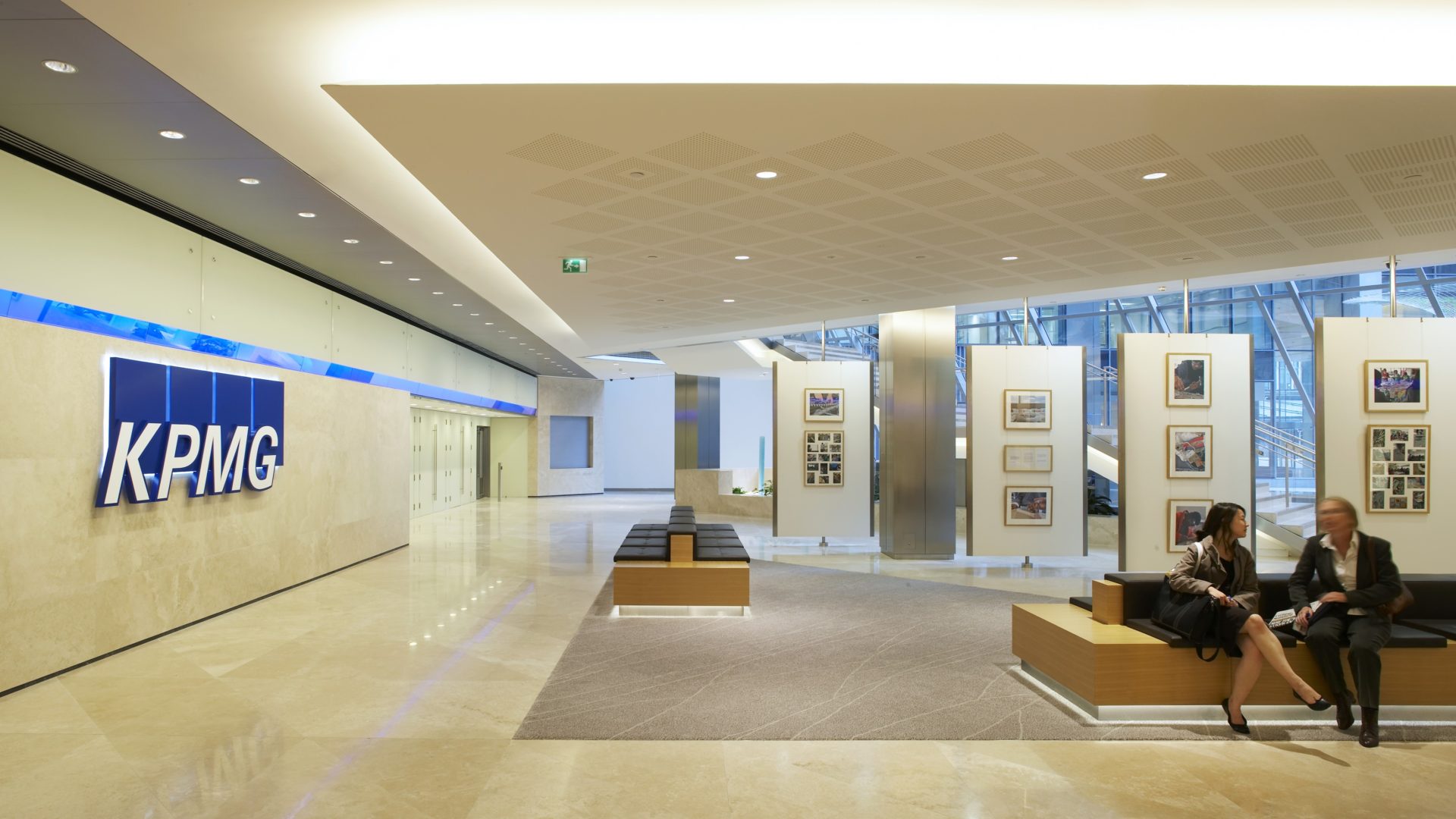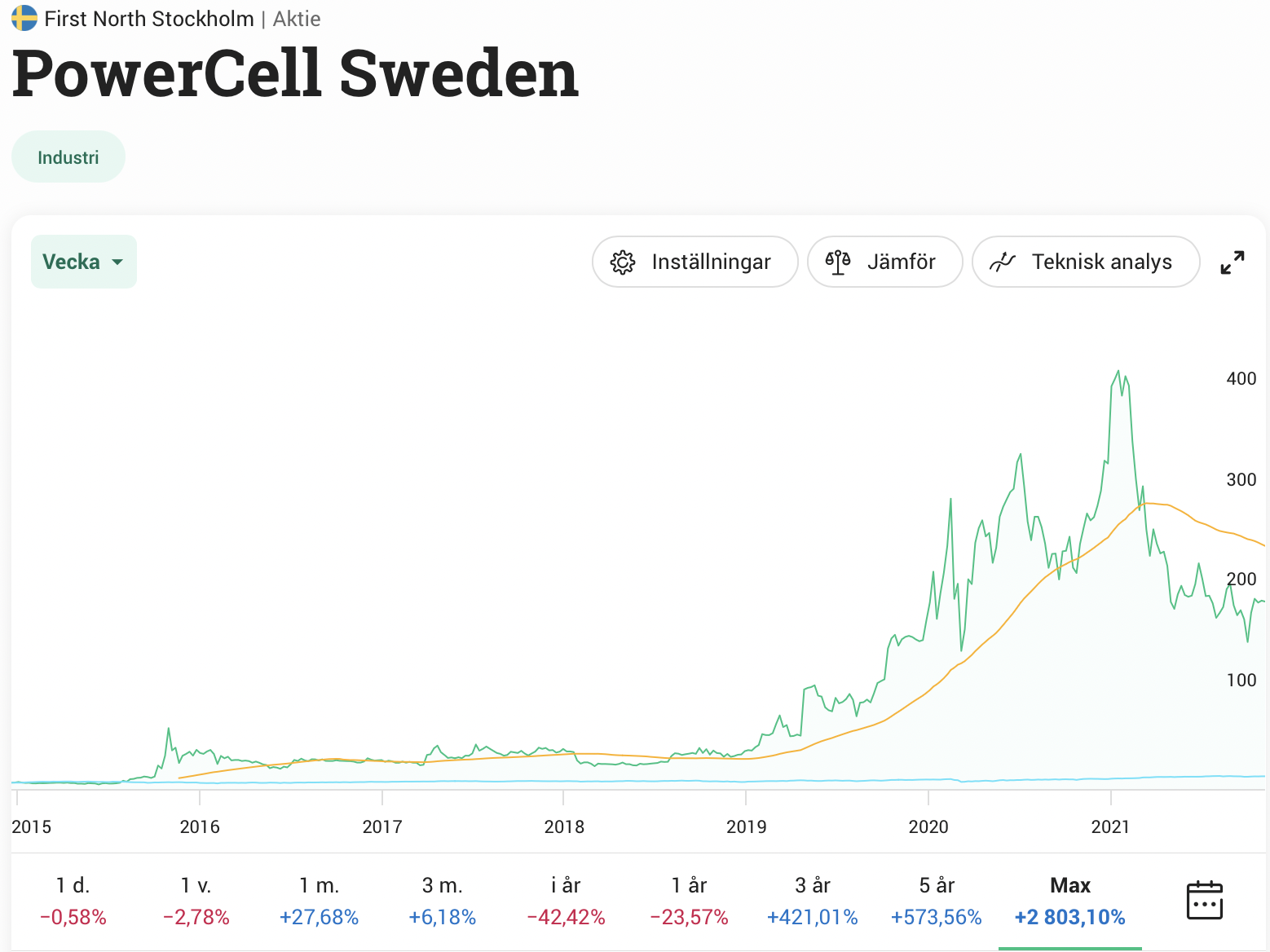My experience as a junior audit consultant at KPMG
In this article, Pierre-Alain THIAM (ESSEC Business School, Global Bachelor of Business Administration, 2019-2023) shares his experience as a junior audit consultant in the Audit & Consulting department at KPMG.
About KPMG
When we mention professional services networks, everyone is instantly thinking about the “Big Four”. During the last summer from May to July 2021, I had the opportunity to work in one of these companies, KPMG, as a Junior intern in Audit & Consulting.
KPMG’s letters are the sheer remnants of the company’s history. In March 1917, Piet Klijnveld and Jaap Kraayenhof created an accounting firm in Amsterdam called Klynveld Kraayenhof & Co. Then multiples mergers occurred and in 1979, Klynveld Kraayenhof & Co., McLintock Main LaFrentz from the United States and Deutsche Treuhandgesellschaft from Germany, formed Klynveld Main Goerdeler known as KMG. In 1987, KMG and Peat Marwick merged and had one of the biggest mergers at the time. Two of the biggest accounting firms of the 20th century chose to unify and ultimately formed KPMG as we know it today.
Nowadays, KPMG provides multiple finance services including mainly Audit, Management Consulting and Tax Consulting.

What I did during my internship
During my internship, I evolved in a global system. I tried to understand the rules and even complex expectations of a work organization. My goals were to adopt an action or work plan coherent with the challenges and success of the requested mission and work effectively in a multicultural and interdisciplinary team while communicating in a dynamic national and international environment. I had to focus on producing clear and well-organized working documents on various subjects (test on revenues, process of a system, bank reconciliation of two pension fund regimes for examples), that the highest graded employees like managers or even partners would review for the mission.
I was mainly involved in audit assignments. The activity entrusted to it was essentially the understanding of target companies: organization, processes, and risks. Then, the understanding of audit objectives and performing substantive controls to identify accounting anomalies, including fraud of all types. And last but not least, I had to understand and perform internal control assessment work. I did a total of four missions over three months, with a range from a national agricultural organization to an insurance and a pension fund.
What I learned during my internship
Throughout my time at KPMG, I learned that technical skills are not the most important skills needed to work in the audit sector. Of course, you need to master hard skills like knowing the basics of financial accounting, being able to find the equilibrium of a balance sheet or having solid foundations on Excel. Nonetheless, there is a big “relational” aspect of the job. Since you are almost always with new people and colleagues, soft skills are definitely required. If you find a way to show your ability to communicate with other people, it always results with a better quality of work for you and the people involved in your mission.
When working in the audit sector, I think there are three principal aspects you need to focus on: logic, flexibility, and tenacity.
Logic
That may sound surprising, but logic is the most important quality you will need. When we talk about audit, people instantly think about big formulas, accounting and working on numbers all the time. This vision is quite wrong, I know for a fact that audit is mostly a process. A process is the description and assessment of the procedures for granting aid to customers: monitoring of their activities, the respect of accounting procedures and the identification of the various risks and controls implemented. You need to ask yourself a lot of questions related to the activities of the company you are working with. The aim is to identify the risks, assess them, define control measures, and simulate different scenarios of incidents to be analyzed: basically, it is called risk management. For example, if you work with Orange on their mobile services, you will first ask them how they make money from this activity. If they tell you each call is counted as a transaction, we will try to know how they make sure a call is counted. Then if Orange answers us that they have antenna A that conveys information to antenna B, KPMG will then investigate the risks of this method and how it can be the cause of a loss of money for the client company. This example is very specific to a certain type of firm, and it directly leads us to the second quality you need to succeed: flexibility.
Flexibility
At KPMG you can work in every field you can imagine and in any country in the world. My first mission was in a pension fund for employees of a bank group, my fourth week I worked in an insurance company and the week just after I worked in a logistics company. Lastly, my final mission was in a company for the support of the rural development of a country.
As you can see, we jump from one subject to another pretty quickly. Versatility is key because you never know what you are going to work on and where you are going to work at. If you don’t like to disrupt your habits, the rhythm of a consulting firm will promptly become fiendish for you. The bright side of this atmosphere is that it constantly stimulates you intellectually and you are always learning. Working in this type of company is extremely formative, but it comes with its advantages and disadvantages, metaphorically it is a double-edged sword, and you will either love it or hurt yourself if you find the correct way to handle it or not. And this is precisely why tenacity is essential to stay on the course.
Tenacity
Sometimes the work can be hard, and you have to try a lot of ideas until you find a solution. This can be even more difficult when there is tension with the management of your client company. Some people are really tough to work with and they just don’t want you to succeed because it will be at their detriment. Therefore, you need to have good communication skills while standing strong in your positions and not letting people walk over you.
The threat cannot only come from the clients but from your own colleagues. Most of the people are benevolent, but it is a dog-eat-dog world and not everyone can get to the top.
Related posts on the SimTrade blog
▶ All posts about Professional experiences
▶ Anant JAIN My internship experience at Deloitte
Useful resources
About the author
The article was written in November 2021 by Pierre-Alain THIAM (ESSEC Business School, Global Bachelor of Business Administration, 2019-2023).



